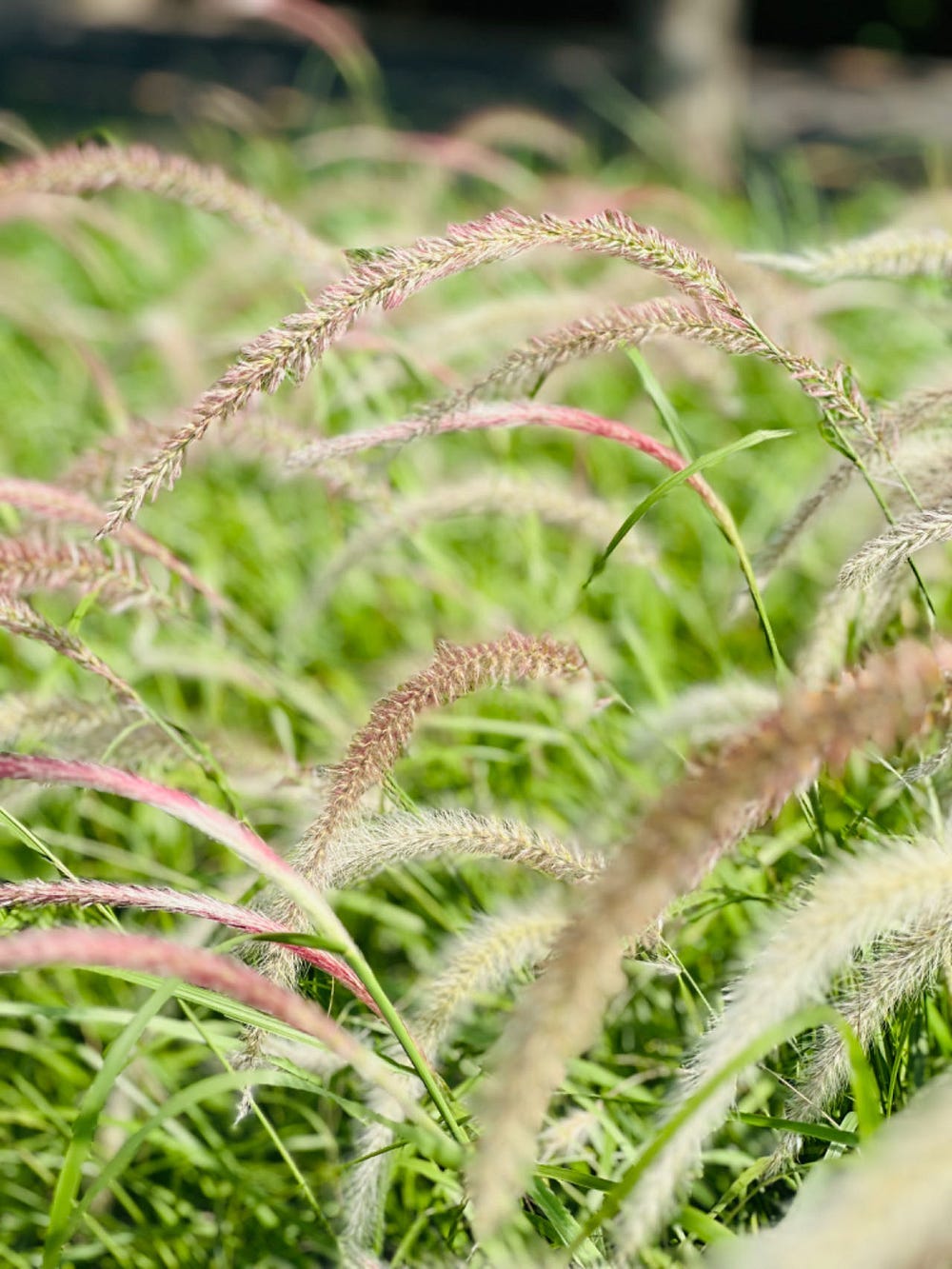My first introduction to SuDongpo was through LinYutang’s biography, “The Gay Genius”. To say that LinYutang is a fan of SuShi (Su Dongpo’s familiar name) is a massive understatement. Superfan falls some distance from describing his enthusiasm, and I immediately and eagerly fell into the same camp. I have since visited SuShi’s hometown, Meishan, and his works in Hangzhou’s West Lake. SuDongpo is one of my favourite historical persons, full stop. Why?
For those who know me, that is not so difficult to answer. He lived an extraordinary life in an engaging time and place, full of triumphant highs and depressing lows, and he gave us the gift of writing about much of it in his own words. Writing of the highest quality, in a pure and honest style. But there are deeper reasons that give me that elusive feeling of connection, and it matters not the dimensions of time, space, and culture that separate us.
This quote is taken from a letter a homesick SuShi wrote to his older brother, who he loved dearly and saw only infrequently. The way he describes a career in the then corporation-of-government is immediately relatable and understandable to many of us today.
“When I first came, I learned how to countersign the signatures (a simple task), and now I have learned even to preside at a law court (an advanced task). Every day I carry on the daily duties, without asking what they are for. Before a scholar obtains an office, he worries about obtaining it, and if after obtaining it he worries about losing it, what is to be the end of such a life? Now I feel like a tired traveller on a journey, coming upon a clear stream midway. Though I cannot shake off the dust of the road, I would like to have a dip in the stream. I was going away to the southern brooks, where I could hear the bird’s song in spring, but official duties tied me down, and now autumn begins. Every day I receive rush orders for timber, and as a magistrate I have to draft even more farm hands. Who dare complain about service to the emperor? But the people’s hard life is an official’s shame. I see hundreds of workmen lugging one piece of lumber. The rations are barely enough to keep their stomachs filled. That leaves no time to worry about other things. I am glad that the work is now over. Soon there will be high winds in September, and I am going to roam on the western hills, to let one day of happiness make up for a life of toiling days.”
Every line is an expression of the struggle and trial that following The Way is. SuShi sees in himself those that Zhuangzi describes, running about day after day, never stopping to look and see what it’s all about, damned to race until they are no more. We likewise obtain degrees, collect certificates, practice skills to get promotions, all the while the fear of losing or not gaining fame torments us.
SuShi can tell us what a change of fortune feels like. After being indicted for criticizing the emperor’s policies, he was exiled to a remote post, where he was likely to die. I smile now to myself, recalling my own experience, small and unimportant though it was, but it meant everything to me. For the first time, perhaps ever, I caught a glimpse of the clear spring and thought of shaking off the dust of a life spent chasing things and acceptance. But try as we might, the dust of the past is part of us, and I will carry mine for the rest of my days. SuShi lived in a society where one could not escape from official duties. We think we are different, but our chains are made of prettier things, and we shackle ourselves.
SuShi concludes that all we can do is the best we can. He gave generously, doing so from a reserve strengthened through taking care of himself first. His circumstances could not affect his intention. Can one day of happiness make up for a life of toiling days? Yes, one day is enough, if a day is all we have and we appreciate and feel it to the fullest. The lesson is to begin now. Begin taking care of ourselves. Be there toiling, in the mix of existence, not at the expense of those who have nothing and not for those who have everything.
That is why Su Dongpo has come to mean so much to me, because he never ran away from life, didn’t censor his voice, and took the highs and the lows with humility and grace. I am not so wise, smart, or socially adept, but I could never stay quiet either and I know a good example when I see one. A true sage doesn’t withdraw to a cave or a hovel, forsaking the food, colour, and noise that we were meant to know. Whatever your nature is, learn to listen to what it tells you, and follow where it leads.






Thank you for writing about Su Dongpo. He is my favorite poet -- I would say the most favorite intellectual figure in Chinese history! I am just curious if you've read his poems? The phenomenal poetry of his represents and delivers his broad perspectives on life and philosophy. I especially admire his passion for life, which is not just optimism, but about accepting everything that happens, good or bad, which resonates well with Buddhism.
I really enjoyed this essay. Especially the line, "we carry the dust of our past. " But dust can be taken with the wind, or washed with water - so I like this analogy. It can also be light and remind us of our journey thus far. I think it is a reminder of living fully - not trying to isolate a feeling, experience, or decision from the everyday chaos of life, but letting it be part of it.